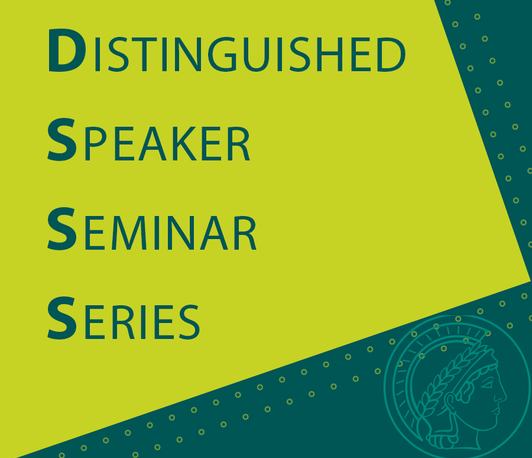DSSS - Adaptation to the Environment through Symbiosis – a Model Systems’ Approach
- Datum: 09.02.2024
- Uhrzeit: 15:00 - 16:00
- Vortragende: Prof. Dr. Annika Guse
- Quantitative Organismic Networks Faculty of Biology, LMU Martinsried
- Ort: NO.002, MPI für Intelligente Systeme

Symbiotic interactions between organisms occur in all domains of life. A prime example is the symbiosis between corals and eukaryotic, photosynthetic dinoflagellates. Each generation, initially symbiont-free coral larvae take up dinoflagellates from the environment and a new, stable symbiotic interaction is established. Symbionts provide essential nutrients such as sugars, amino acids and lipids to their host powering the productivity of reefs ecosystems. Despite of its importance, key aspects about coral symbiosis establishment, maintenance, its evolution and ecosystem functions are still largely unknown. Here, I will present our advances in developing Aiptasia, a marine sea anemone, as a tractable model to dissect fundamental aspects of symbiosis establishment at the mechanistic level. I will give an overview over our current understanding of the mechanisms underlying symbiont uptake via phagocytosis, how the symbionts escape the hosts’ defensive strategies to persist intracellularly, and how symbionts integrate into host cell metabolism. Our symbiosis research provides fundamental insight into how two very distinct cells coordinate their cellular functions to adapt to nutrient-poor environments and drive the productivity and biodiversity of the ecosystem.